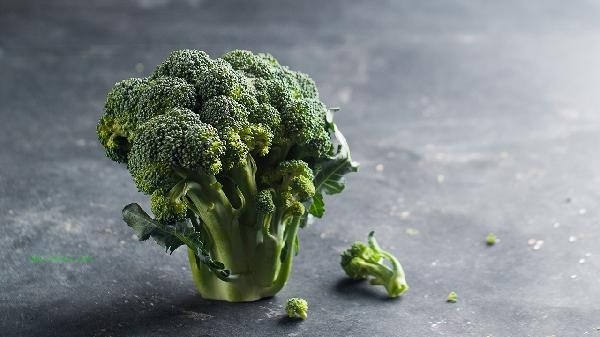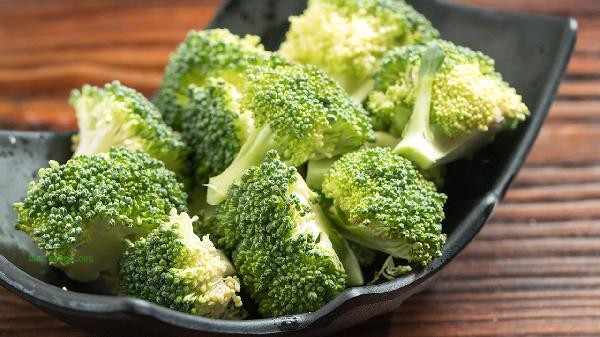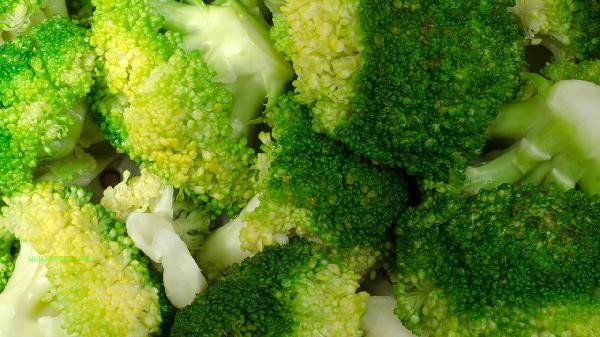Eating more broccoli during exercise can help supplement dietary fiber, vitamin C, and high-quality protein, as well as help control calorie intake. Broccoli is rich in antioxidants and minerals, which have a positive effect on muscle repair and immune enhancement.

1. Dietary Fiber
broccoli contains abundant dietary fiber, which can promote gastrointestinal peristalsis and help digestion and absorption. Dietary fiber can also increase satiety, reduce the intake of high calorie foods, and have a significant effect on weight control. Fitness enthusiasts often experience constipation due to high protein diets, and moderate consumption of broccoli can alleviate this problem.
2. Vitamin C
broccoli is a high-quality source of vitamin C, with a content of over half of daily needs per 100 grams. Vitamin C can promote collagen synthesis and accelerate muscle and joint repair after exercise. It also has antioxidant properties, can neutralize free radicals, and reduce oxidative stress damage caused by high-intensity training.
3. High quality protein
Although broccoli is not the main source of protein, its protein content is more prominent in vegetables. These plant proteins contain essential amino acids for the human body and can serve as a supplement to animal protein. For vegetarian fitness enthusiasts, broccoli is one of the important protein supplement choices.

4. Calorie Control
broccoli has extremely low calories, with only over 30 calories in 100 grams, making it suitable for fitness enthusiasts who need strict calorie control. Its high moisture and high fiber properties can meet the demand for food intake without causing excessive calorie intake. During the weight loss period, broccoli can be used as a substitute for staple food.
5. Mineral supplementation
broccoli is rich in various minerals such as calcium, potassium, and magnesium, which are crucial for muscle contraction and nerve conduction. Sweating heavily during exercise can lead to mineral loss. Eating broccoli can effectively supplement these trace elements and prevent sports cramps and fatigue.

It is recommended to keep broccoli as a regular vegetable during exercise, and low oil cooking methods such as steaming and boiling can be used to preserve its nutrition. It is recommended to consume 3-4 times a week, with 150-200 grams per serving. Be careful to avoid excessive cooking that can lead to vitamin loss. You can pair it with a small amount of healthy oils to promote the absorption of fat soluble vitamins. People who are allergic to cruciferous vegetables should consume them with caution, and those with weaker gastrointestinal function can reduce the proportion of raw food appropriately. Long term consumption of broccoli, combined with scientific training, can significantly improve fitness outcomes.







Comments (0)
Leave a Comment
No comments yet
Be the first to share your thoughts!